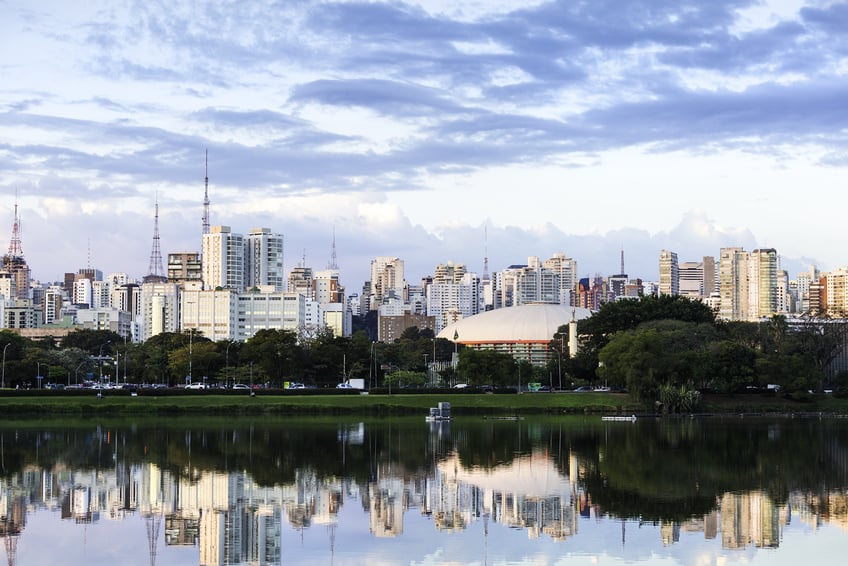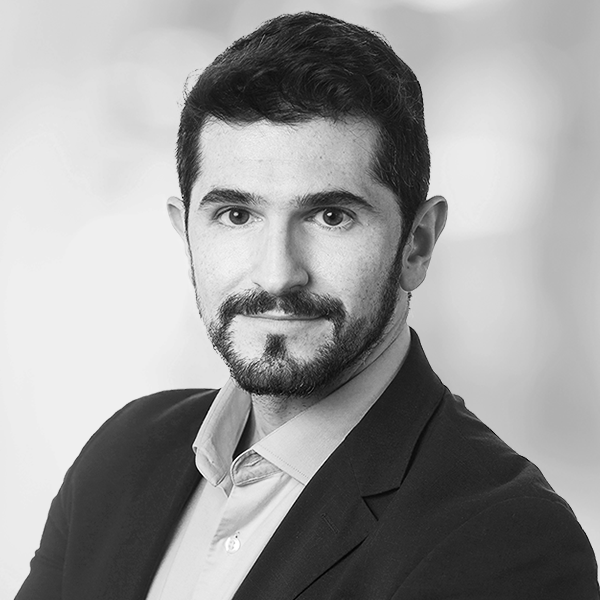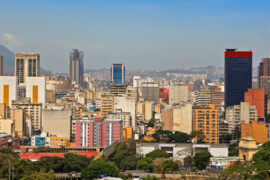In brief
In November 2021, the city of Glasgow in Scotland will host the 26th United Nations Climate Change Conference. In Brazil, the Commission of Foreign Affairs and National Defense (CREDN) held a public hearing on 21 June to discuss the projects that Brazil will present at COP26 after members of the Congress Camilo Capiberibe, David Miranda and Paulo Fernando dos Santos had presented a requirement, for that matter.
More details
Members of the Climate Observatory, Brazilian Business Council for Sustainable Development (CEBDS), Latin American Climate Lawyers Initiative for Mobilizing Action (LACLIMA), Talanoa Institute, Fridays for Future Brazil and the Counselor of the Environmental Division of the Ministry of Foreign Affairs, participated as guests in the public hearing.
In summary, the main points of the guests’ speeches were the sense of urgency regarding climate change, and the prioritization of adoption by Brazil of concrete actions and measures to realize a low-carbon economy and neutralize its emissions, since good intentions and public declarations are not enough.
The importance of regulating Article 6 of the Paris Agreement, which governs the international market of emissions reduction and Brazil’s carbon market was also debated by the guests, given the high potential of the country to become one of the leaders in this global market.
Moreover, the new Brazilian Nationally Determined Contribution (NDC), presented in 2020, was criticized in the guests’ speeches due to its lack of ambition. It was judicially questioned once it was considered a target divergence (pedalada climática) by some groups. Despite that, Brazil’s potential to reduce emissions even more than what was forecast in the NDC was highlighted in the guests’ speeches, in tandem with the fight against illegal deforestation, a theme that was strongly presented by the guests.
Due to the COVID-19 pandemic, the guests expect that the COP26’s focus will be on actions for a green economic recovery. For Brazil, these are projected credibility (especially regarding the control of deforestation and corresponding adjustments in the NDC), ambition in the NDC (and long-term strategies for efficiency), and a cooperative posture regarding the regulation of Article 6.
Finally, the guests demonstrated concern about the COP26 format, specifically the way it may be structured, which still has not been identified (i.e., if hybrid, online or in person). The guests are also worried that the COP26 cannot be inclusive for many emerging and underdeveloped countries that had not yet achieved a safe immunization standard against COVID-19 and do not have a technological infrastructure to equally follow all COP26 panels.
Our Environmental and Sustainability team is available for further clarifications on the subject.
Click here to read the alert in Portuguese.
Disclaimer:
“Trench Rossi Watanabe and Baker McKenzie have executed a strategic cooperation agreement for consulting on foreign law.”





